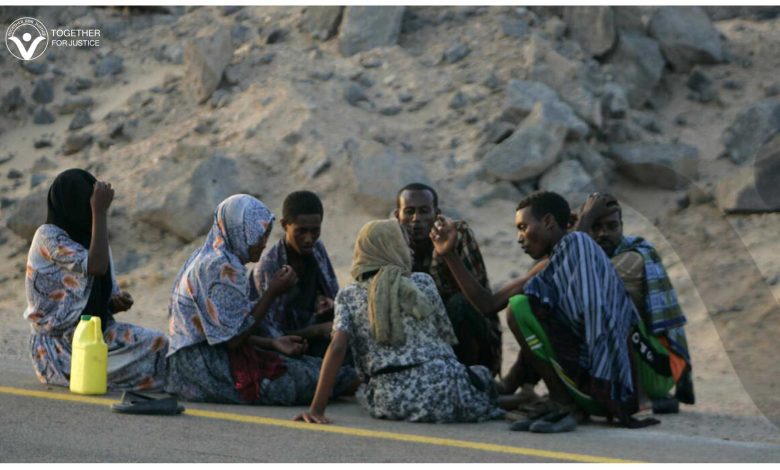Global companies and banks implicated in Saudi Arabia’s renewables built on migrant workers’ exploitation

A new report by the Business & Human Rights Resource Centre has exposed that Saudi Arabia’s much-publicised renewable energy projects—marketed as a symbol of its so-called “green future”—are in reality built on systemic exploitation of migrant workers from Nepal and Bangladesh, and with the direct complicity of major global corporations and banks. The report, launched in October 2025, revealed that more than half of the interviewed workers showed five or more indicators of forced labour across nine projects, including the high-profile NEOM Green Hydrogen Project. One worker summed up the reality: “We were treated as if we were machines.”
The findings go beyond documenting the horrific conditions endured by workers. The report names 41 companies and 25 banks that are financially and operationally tied to these projects. Among them are Saudi giants like Aramco, the Public Investment Fund, ACWA Power, and NEOM, alongside construction contractors Larsen & Toubro and PowerChina, which directly or indirectly employed workers under abusive and degrading conditions. International firms such as Hitachi Energy, Thyssenkrupp, and De Nora were also involved in engineering, infrastructure, and maintenance for NEOM’s energy system, while others built ammonia storage and export facilities.
Perhaps the most damning evidence concerns the financial institutions bankrolling these projects. The report identifies 25 banks complicit in financing the exploitation, including Standard Chartered, HSBC, BNP Paribas, Crédit Agricole, JPMorgan Chase, and Gulf-based banks like Riyad Bank and Saudi National Bank. Despite their glossy commitments to sustainability and human rights, these banks chose profit over principle, ignoring evidence of forced labour and enabling Saudi Arabia’s greenwashing agenda. Out of the 41 companies invited to respond to the findings, only 15 provided statements, most of which were superficial denials or empty promises with no real accountability.
This exposes a grotesque hypocrisy. Saudi Arabia parades its renewable projects as proof of progress and “Vision 2030” while silencing the workers who actually build them. It uses NEOM as a showcase for its bid to host the 2034 FIFA World Cup, while migrant workers remain trapped in conditions that amount to modern-day slavery. These projects are not about climate responsibility—they are about polishing the regime’s global image with the blood and sweat of vulnerable workers.
The report makes it clear that Saudi Arabia’s renewable energy industry is built on exploitation and enabled by a global network of companies and financiers. This is not an isolated abuse but a systemic practice, and those companies and banks are not bystanders—they are co-perpetrators. The “green transition” that Saudi Arabia flaunts to the world is nothing more than a facade of sustainability covering an industry of exploitation and dehumanisation.
Together for Justice strongly condemns the Saudi regime’s exploitation of migrant workers and the complicity of global corporations and banks in sustaining these abuses. We demand urgent international investigations into the violations documented in Saudi Arabia’s renewables projects, immediate compensation for the affected workers, the abolition of the kafala system that institutionalises modern slavery, and recognition of basic labour rights including fair wages and independent unions. The continued silence and complicity of the international community only fuels further abuse. It is time for accountability, and for ending the Saudi regime’s exploitation hidden under the false banner of a “green future.”




